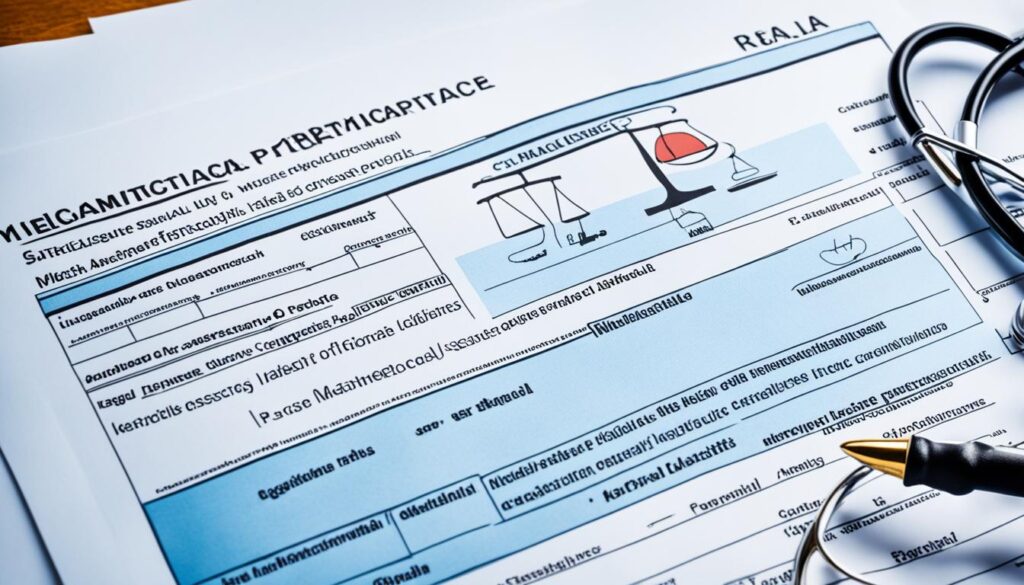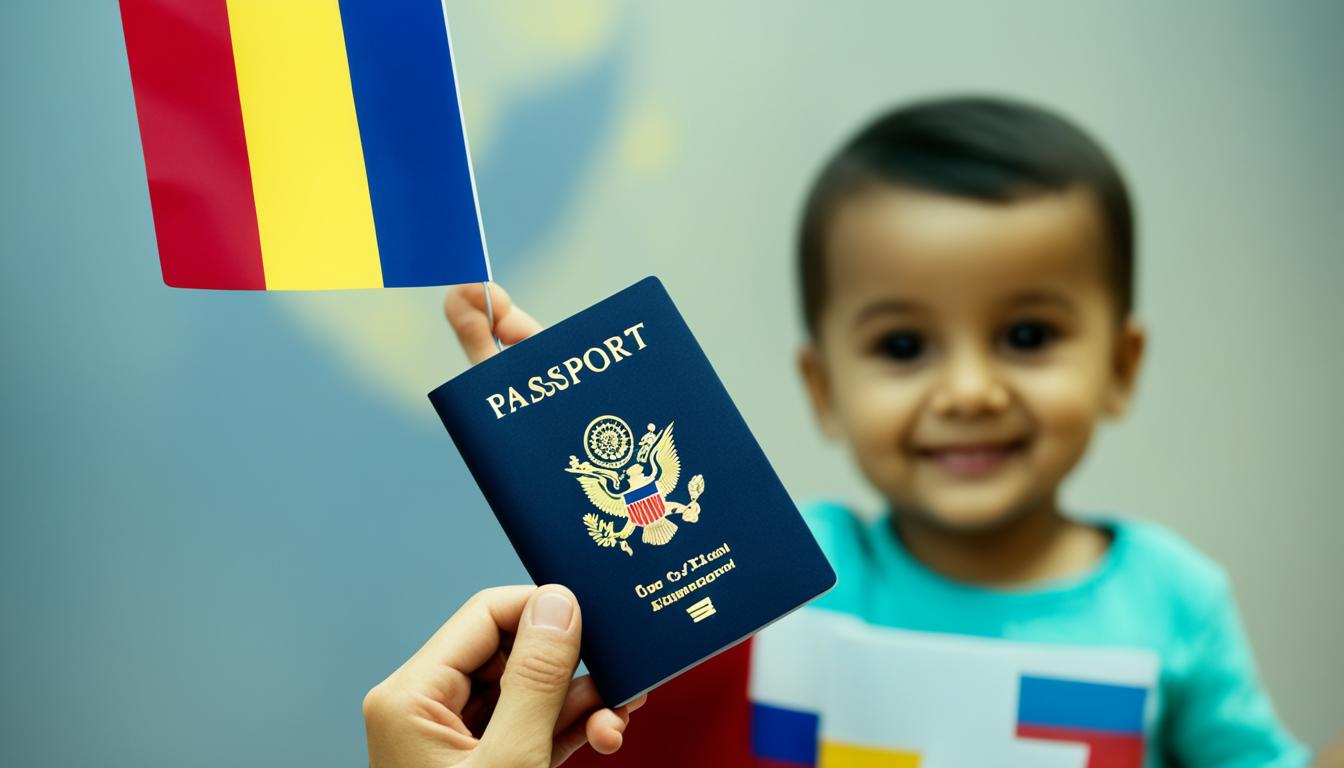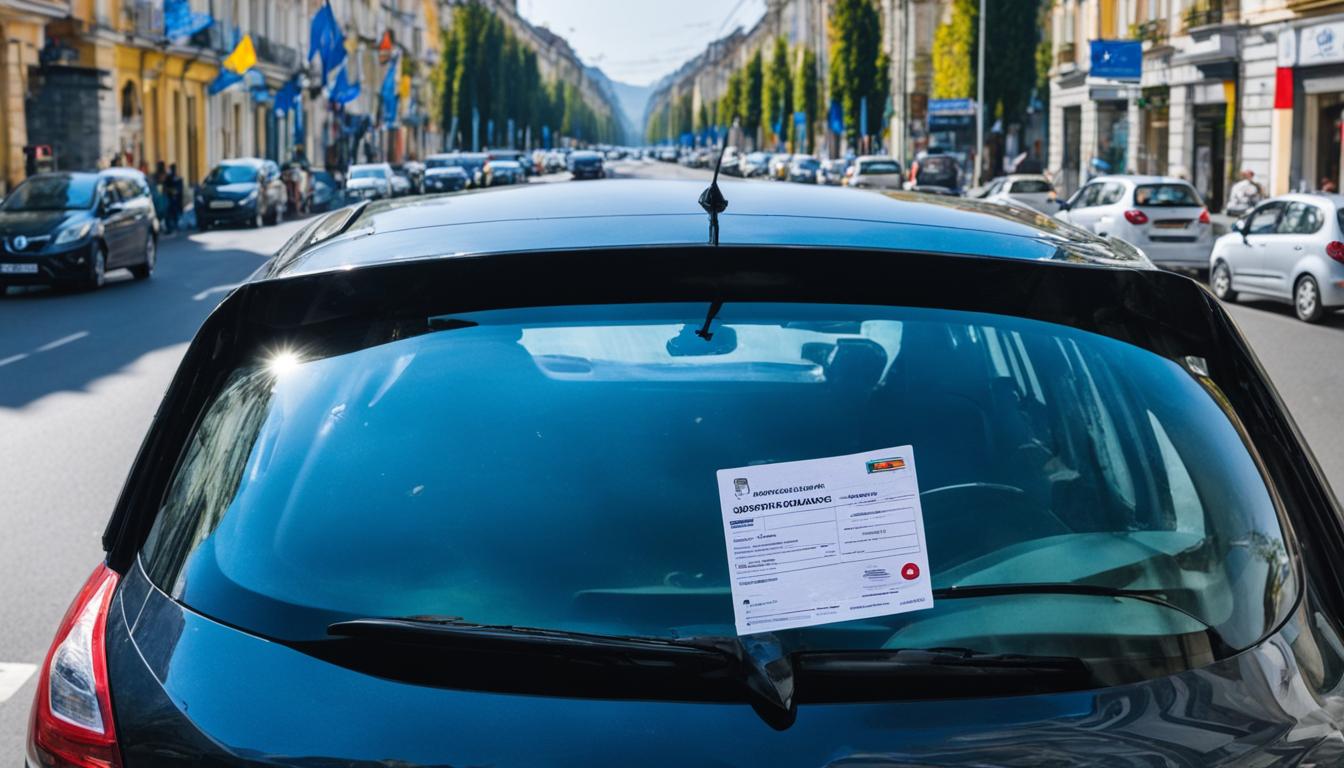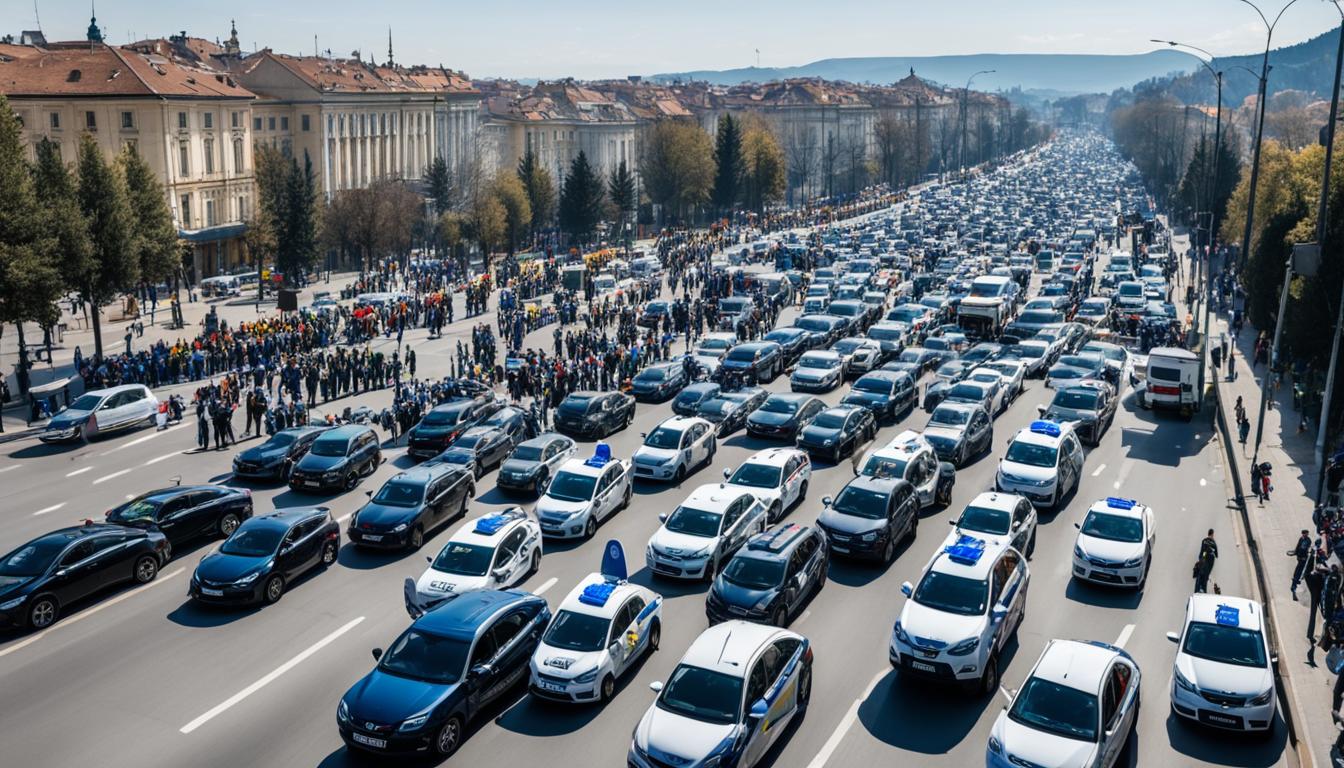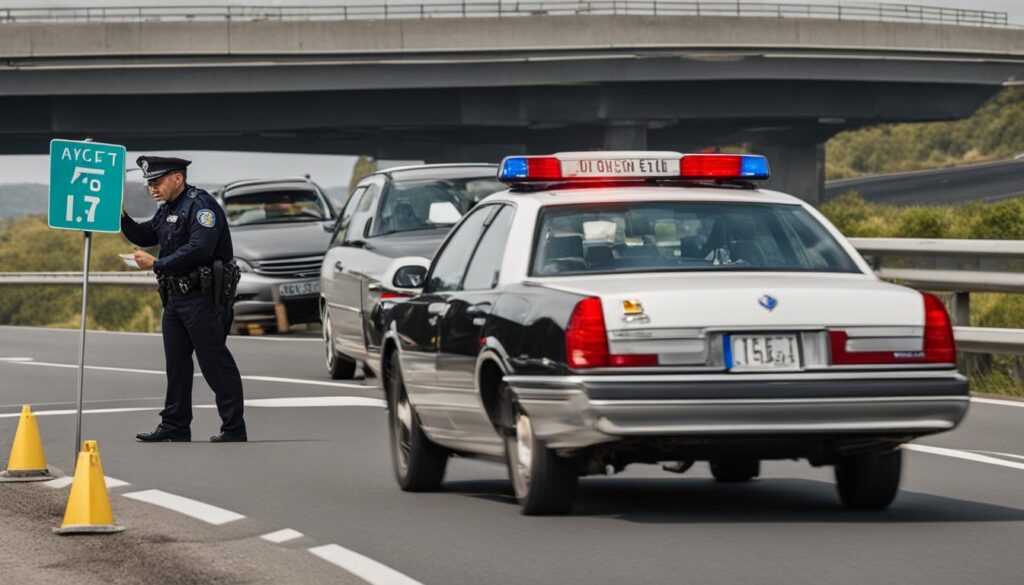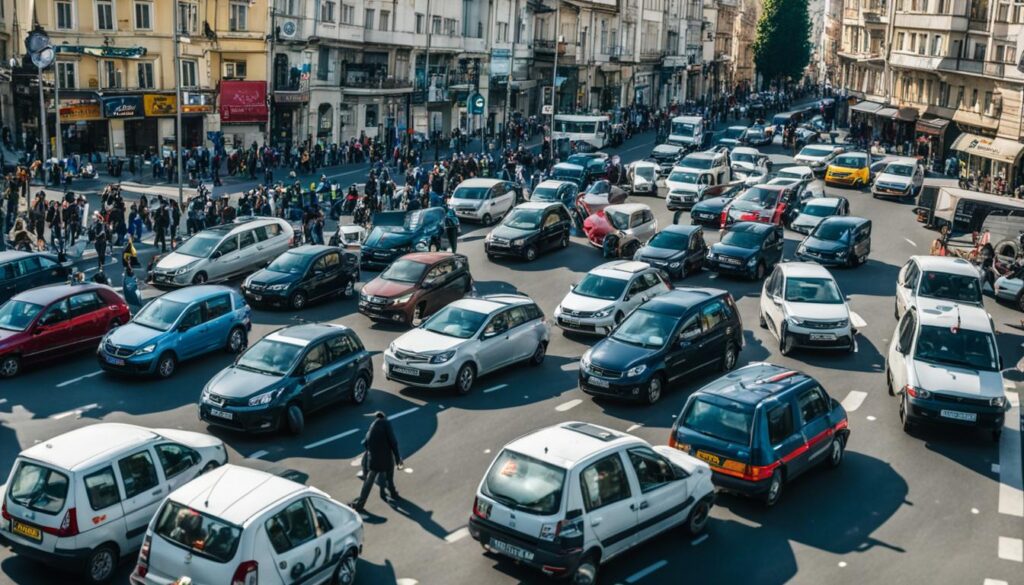Foreign Judgments in Romania: Recognition & Enforcement
Foreign Judgments in Romania: Recognition & Enforcement
Ever thought about how a foreign court’s decision could affect your rights in Romania?
Recognizing and enforcing foreign judgments in Romania is a key part of International Law.
It impacts both businesses and individuals.
Romania has a system for dealing with foreign court decisions.
It respects international rulings while protecting its own laws.
Knowing how Romanian rules work is vital, whether you face a money judgment, a mandatory order, or a decision from another EU country.
When Romania recognizes foreign court decisions, it looks at several things.
These include if the judgment is final, if the court had the right to make it, and if it goes against Romanian public policy.
To enforce foreign judgments in Romania, you need to understand both local and international laws well.
Key Takeaways
- Romania recognizes judgments from both contentious and non-contentious proceedings
- Full recognition applies to personal status decisions and those meeting specific criteria
- Finality of the foreign decision is crucial for recognition in Romania
- Documents must be translated and legalized for the recognition process
- Recognition can be refused on grounds of public policy violations or jurisdictional issues
- EU judgments benefit from a simplified enforcement procedure in Romania
- Non-EU judgments require an exequatur procedure under Romanian law
Legal Framework for Foreign Judgment Recognition in Romania
Romania has a complex legal system for recognizing foreign judgments.
It combines domestic laws, international agreements, and EU rules.
Knowing these parts is key to understanding how judgments are recognized in Romanian courts.
Domestic Laws and Regulations
The Civil Procedure Code (Law 134/2010) and the Civil Code (Law 287/2009) are the main laws.
They set the rules for recognizing and enforcing foreign judgments.
These laws explain the steps, what’s needed, and when foreign judgments can be accepted or rejected in Romania.
International Conventions and Bilateral Treaties
Romania follows the principle of comity of nations through international agreements.
It’s part of the Lugano Convention and the Hague Conventions on Civil Procedure and Choice of Court Agreements.
Romania also has treaties with about 17 countries, like Albania, Algeria, Russia, China, and Cuba.
These treaties help in recognizing judgments between countries.
EU Regulations Applicable in Romania
Being an EU member, Romania follows EU rules for recognizing judgments from other EU countries.
The Brussels Ibis Regulation (1215/2012) makes it easier to enforce judgments within the EU.
Brussels II (2201/2003) deals with family law matters.
Recognizing foreign arbitral awards in Romania also has its own rules.
This system ensures Romania balances recognizing foreign judgments with its legal rights and international duties.
Competent Courts for Foreign Judgment Cases
In Romania, second-degree courts called tribunals deal with foreign judgments.
The court’s role depends on the case type and where the defendant is.
For cases about recognizing foreign judgments in Romania, the tribunal in the defendant’s district has the power.
If the defendant is nowhere to be found or outside Romania, the Bucharest Tribunal steps in.
For enforcing foreign judgments, the tribunal in the county where the action happens has the authority.
This setup makes sure foreign judgment cases are handled well in Romania.
| Case Type | Competent Court | Jurisdiction Criteria |
|---|---|---|
| Recognition | Tribunal | Defendant’s district |
| Recognition (Unknown/Foreign Defendant) | Bucharest Tribunal | Default jurisdiction |
| Enforcement | Tribunal | County of forced execution |
The Romanian civil procedure has a clear way to deal with foreign judgments.
It makes sure cases are handled well and follow international standards.
Recognition vs. Enforcement: Understanding the Distinction
When dealing with foreign judgments in Romania, it’s crucial to understand the difference between recognition and enforcement.
These two processes play distinct roles in enforcing international judgments in Romania.
Effects of Recognition
Recognition gives a foreign judgment res judicata status in Romania.
This means the court acknowledges the decision as final and binding.
Once recognized, the judgment carries the same weight as a Romanian court decision.
It prevents parties from re-litigating the same issues in Romanian courts.
Purpose of Enforcement Proceedings
Enforcement goes a step further than recognition.
It allows the winning party to take action based on the judgment.
Through enforcement, you can collect money owed or compel specific actions.
The process turns the foreign ruling into an enforceable title in Romania.
While recognition and enforcement often go hand-in-hand, they serve different purposes.
Recognition alone doesn’t allow forced execution. Enforcement is necessary to take concrete steps against the losing party.
Understanding these distinctions is key when dealing with foreign judgments in Romanian legal proceedings.
Types of Enforceable Foreign Judgments in Romania
Romania accepts different kinds of foreign judgments for enforcement.
This is key for recovering debts across borders.
Knowing these types helps you enforce foreign money judgments in Romania better.
Monetary Judgments
Foreign money judgments are usually enforceable in Romania.
These include orders for specific payments or financial compensation.
Romanian courts enforce these judgments if they meet legal standards and don’t go against public policy.
Mandatory and Prohibitory Orders
Romanian courts also enforce mandatory and prohibitory orders from abroad.
This includes injunctions, specific performance orders, or restraining orders.
These judgments help with effective debt recovery across borders.
Treatment of Default Judgments and Punitive Damages
Default judgments and punitive damages are not automatically banned in Romania.
They might be reviewed for public policy violations.
Romanian courts carefully check these judgments, focusing on fairness and legal standards in debt recovery cases.
| Judgment Type | Enforcement in Romania |
|---|---|
| Monetary Judgments | Generally enforceable |
| Mandatory Orders | Recognized and enforced |
| Prohibitory Orders | Recognized and enforced |
| Default Judgments | Subject to scrutiny |
| Punitive Damages | Carefully assessed |
Formal Requirements for Recognition and Enforcement
The exequatur procedure in Romania has clear rules in the civil procedure code.
To get a foreign judgment recognized and enforced, you must follow strict rules.
Your request must include important details like the names of the parties, claims, legal reasons, and evidence.
Your signature as the submitting party is also key.
- Copy of the foreign judgment
- Proof of judgment finality
- Evidence of proper notification to the counterparty
To enforce the judgment, you need to show it’s enforceable in the country where it was made.
Depending on where it came from, you might need a Romanian translation and authentication or an apostille.
| Document Type | Requirement |
|---|---|
| Foreign Judgment Copy | Authenticated |
| Proof of Finality | Official certification |
| Notification Evidence | Court-issued document |
| Enforceability Proof | Issuing state certification |
Remember, judgments about personal status can be recognized directly if they involve citizens of the issuing state.
The Romanian civil procedure code has specific time limits for enforcement, depending on the rights involved.
Recognition and Enforcement of Foreign Judgements Romania: Process Overview
The process of recognizing and enforcing foreign judgments in Romania is key for working together across borders.
It has specific steps and rules to make sure legal actions are followed well.
Application Procedure
To start the recognition and enforcement process, you need to file a request with the right Romanian tribunal.
The court checks if everything is in order without looking at the case’s details. You must say if you want recognition, enforcement, or both.
Required Documentation
When you apply, you must give:
- A copy of the foreign judgment;
- Proof that the judgment is final;
- Proof of proper service;
- Certified translations of all documents.
Timeframes and Deadlines
The time limit for enforcing a judgment in Romania is usually 3 years. For property rights, it’s 10 years.
These start when the foreign judgment is final.
Romanian courts often favor recognizing foreign judgments.
This helps in enforcing laws across borders efficiently.
But, all requirements must be met and no valid reasons for refusal can exist.
Grounds for Refusal of Foreign Judgment Recognition
Romanian courts check foreign judgments carefully before they are recognized.
They look at several important factors.
This makes sure the judgments follow private international law and the principle of reciprocity.
Public Policy Violations
Courts might not recognize a judgment if it goes against Romanian public policy.
This happens when a judgment breaks key legal rules or moral standards in Romania.
Jurisdictional Issues
Recognition can be refused if the foreign court didn’t have the right to make the judgment.
Romanian courts check if the court had the authority to make the judgment based on international law.
Due Process Concerns
Judgments made without due process rights are often rejected.
This includes cases where people weren’t fairly notified or given a chance to defend themselves.
Other reasons for refusal include judgments that conflict with Romanian laws or previous decisions from other countries.
It’s key to remember that Romanian courts don’t judge the merits of foreign judgments.
They only check if the judgments meet the recognition conditions.
| Refusal Ground | Description | Example |
|---|---|---|
| Public Policy Violation | Judgment contradicts fundamental Romanian legal principles | Enforcing a polygamous marriage contract |
| Jurisdictional Issue | Foreign court lacked proper authority to make judgment | Ruling on Romanian real estate by non-Romanian court |
| Due Process Violation | Parties denied fair notice or opportunity to present case | Defendant not notified of proceedings against them |
| Conflicting Judgments | Incompatibility with existing Romanian or prior foreign decisions | Contradictory rulings on child custody between countries |
Enforcement of EU Member State Judgments in Romania
Romania has a simple way to enforce judgments from other EU countries.
This is thanks to the EU Brussels Ibis Regulation.
It makes it easier to enforce judgments across the European Union.
Applicability of EU Regulation 1215/2012
The EU Brussels Ibis Regulation, also known as Regulation (EU) 1215/2012, helps enforce judgments from EU courts in Romania.
It removes the need for a formal declaration of enforceability.
This makes the process quicker and more efficient.
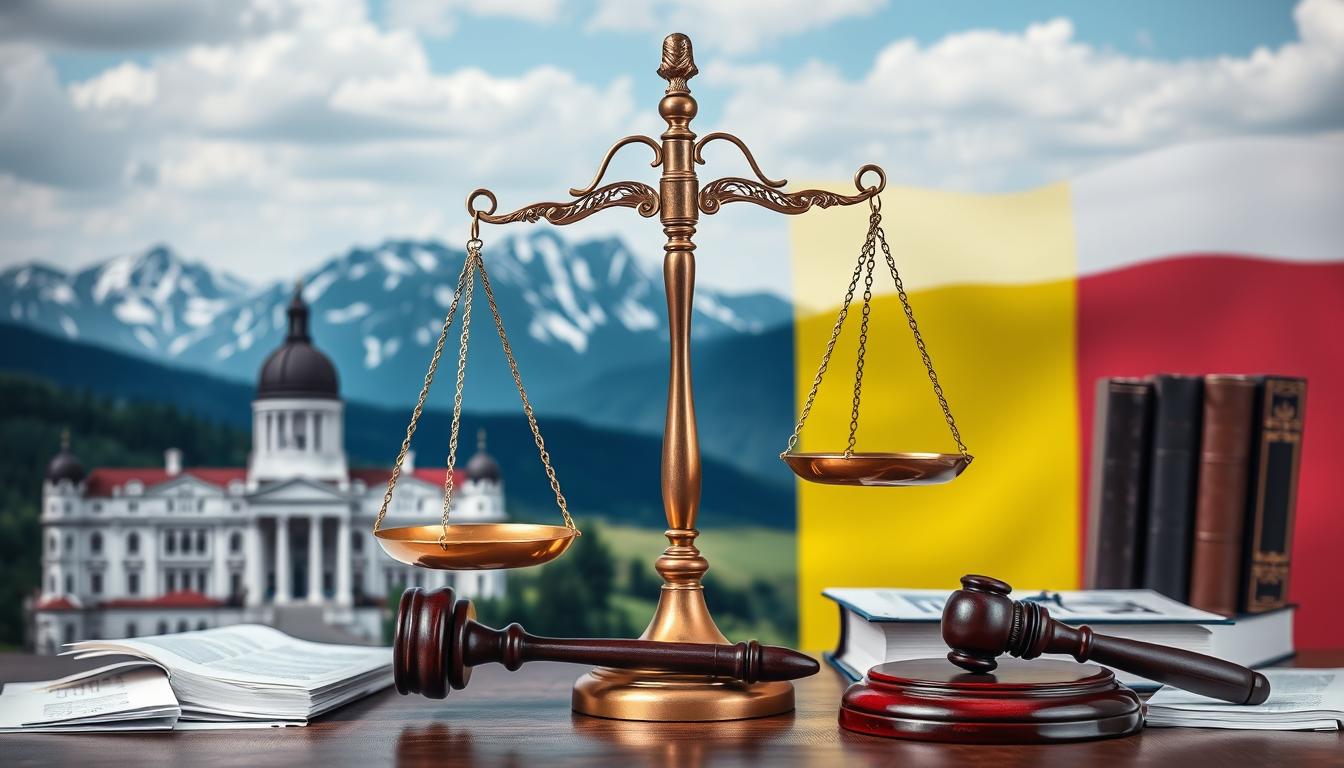
Simplified Enforcement Procedure
Under this regulation, a judgment from an EU Member State must be enforced in Romania like a Romanian court judgment.
The steps are easy:
- Provide a copy of the judgment
- Submit a certificate of enforceability
- Include translations if necessary
Romanian courts can only refuse enforcement in a few cases.
These include public policy violations, due process concerns, or judgments that contradict others.
They cannot question the original court’s jurisdiction or the case’s merits.
This simplified process under the EU Brussels Ibis Regulation makes enforcing judgments between EU member states easier.
It leads to faster and more predictable results for creditors trying to enforce judgments across EU borders.
Recognition and Enforcement of Non-EU Judgments
Foreign court rulings in Romania have their own rules.
This includes judgments from the UK after Brexit.
The Romanian Civil Procedure Code explains how to handle these cases, focusing on working together internationally.
Exequatur Procedure under Romanian Civil Procedure Code
The exequatur process in Romania needs the foreign judgment to be final.
Your application must include important documents and details.
The Romanian court checks these without looking into the judgment’s details.
Reciprocity Requirements
Recognizing non-EU judgments also depends on fairness between Romania and the issuing state.
The court makes sure the issuing court had the right to make the judgment.
Remember, foreign court rulings in Romania can be refused if they go against public policy or due process.
Conclusion
Understanding how to deal with foreign judgments in Romania is complex.
The rules are set out in the Code of Civil Procedure and international agreements.
These rules help ensure the law is followed and cooperation between countries is promoted.
The process of recognizing foreign judgments involves detailed steps.
These steps include checking if the judgment is final and if it goes against local laws.
A lawyer in Romania can help navigate these steps, making sure everything is done right.
EU laws and treaties make it easier for judgments to be recognized in Romania.
This helps European citizens and businesses. It also makes cross-border legal issues less complicated.
Dealing with foreign judgments in Romania is a detailed process.
It involves checking many legal rules.
Our team of lawyers in Romania know these rules and this is considered to be the key for fair and smooth international legal actions.
FAQ
What legal framework governs the recognition and enforcement of foreign judgments in Romania?
In Romania, laws like Book VII, Title III of the Civil Procedure Code, and Emergency Ordinance 119/2006 play key roles.
The Civil Code’s Book VII also has important provisions.
Romania also follows international treaties and EU regulations, such as the Lugano Convention and Brussels Ibis.
Which courts in Romania have jurisdiction over cases involving the recognition and enforcement of foreign judgments?
Tribunals, or second-degree courts, handle these cases.
For recognition, the tribunal in the defendant’s district is responsible.
For enforcement, the tribunal in the county where execution happens is in charge.
What is the difference between recognition and enforcement of a foreign judgment in Romania?
Recognition makes the foreign judgment final and binding.
Enforcement allows the creditor to take action against the debtor.
Recognition alone doesn’t allow for execution, but enforcement does.
What types of foreign judgments can be enforced in Romania?
Romania can enforce monetary judgments and certain orders.
Default judgments and punitive damages might be tricky, as they could violate public order if they’re not fair.
What formal requirements must be met for a foreign judgment to be recognized and enforced in Romania?
You need a copy of the judgment and proof it’s final.
You also need to show the debtor was notified and that the judgment can be enforced where it was made.
Documents might need translation and authentication.
What are the potential grounds for refusing recognition and enforcement of a foreign judgment in Romania?
Recognition and enforcement can be refused if the judgment goes against Romanian public policy.
Issues with jurisdiction or due process can also be grounds.
Incompatibility with a Romanian judgment or another state’s judgment is another reason.
How does the procedure for recognizing and enforcing judgments from EU member states differ from that for non-EU judgments in Romania?
EU judgments have a simpler process under Regulation 1215/2012.
Non-EU judgments, including post-Brexit UK judgments, need the exequatur procedure.
This involves an application and checking if the judgment meets the necessary conditions.
What is the process for recognition and enforcement of foreign judgments in Romania?
The process for recognition and enforcement of foreign judgments in Romania involves several steps:
1. Filing a request for recognition with the competent Romanian court.
2. Providing the necessary documentation, including the original foreign judgment and its certified translation.
3. The court examines the conditions for recognition as stipulated in Romanian law.
4. If the conditions are met, the court issues a decision granting recognition and enforcement.
5. Once recognized, the foreign judgment can be enforced in Romania through the standard enforcement procedure. This process is governed by the Romanian Private International Law and the Civil Procedure Code.
It’s important to note that Romania is also party to various international conventions that may affect this process for judgments from certain countries.
What are the main conditions for recognition of a foreign judgment in Romania?
The main conditions for recognition of a foreign judgment in Romania include:
1. The judgment must be final and enforceable in the country where it was rendered.
2. The foreign court must have had jurisdiction according to Romanian private international law principles.
3. The parties must have had a fair trial opportunity in the foreign court proceedings.
4. The judgment must not conflict with a previous Romanian court judgment on the same matter.
5. The recognition and enforcement must not violate Romanian public order.
6. The judgment must not have been obtained fraudulently.
7. The matter should not fall under the exclusive jurisdiction of Romanian courts.
These conditions are assessed by the Romanian court during the recognition and enforcement process.












